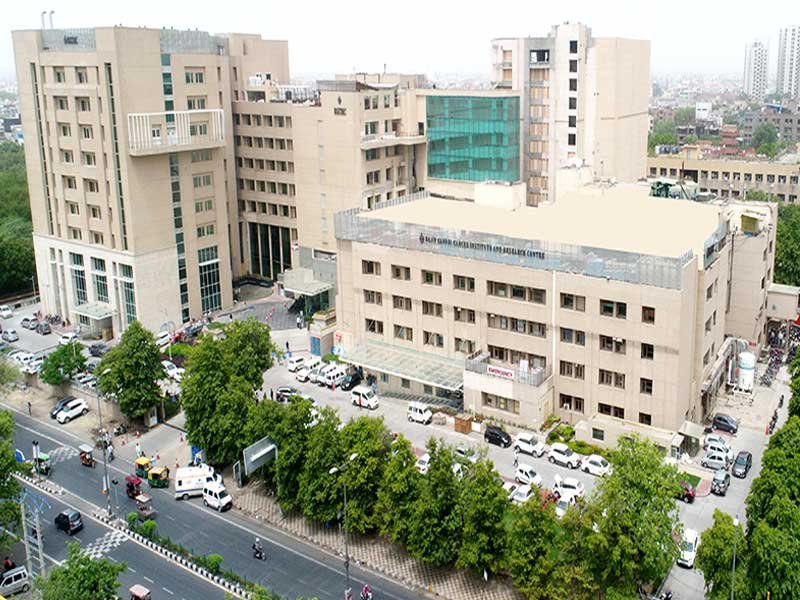Home Cost Hematology Bone Marrow Transplant

Imagine giving someone a second chance at life. For many with blood disorders and certain cancers, this dream is real and it's thanks to bone marrow transplants.
A bone marrow transplant procedure helps to replace bone marrow that isn’t producing enough healthy blood cells with healthy blood-forming stem cells.
This procedure will help those patients whose bone marrow stops working and does not produce enough healthy blood cells, so if you are one of those then you may be recommended with bone marrow transplant.
To obtain more information on how the transplant procedure will work, and other factors then you need to read this article till the end.
Bone marrow transplant procedure used to process for given reasons such as:
Bone marrow transplants can provide relief to individuals with cancerous or noncancerous diseases such as:
Before the Surgery
During the Surgery
Leukapheresis
After the Surgery
Patients with certain diseases are considered to be eligible for the bone marrow transplant, such as:
List of Hospitals for Bone Marrow Transplant in India
List of Doctors for Bone Marrow Transplant in India
Bone marrow transplant is an essential procedure that replaces damaged bone marrow with the new working bone marrow.
This procedure is processed when the bone marrow doesn't produce enough cells. To get this done, the patient may undergo several tests that will help doctors determine what type of bone marrow you need.
| Bone Marrow Transplant cost | |
|---|---|
| Treatment Name | Estimated Cost |
| Bone Marrow Transplant - BMT | 22000-25000 USD |
The average cost of Bone Marrow Transplant in India ranges from 22000-25000 USD.
The success rate of Bone Marrow Transplant in India is around 85-90%.
You'll stay in the hospital until the engraftment process occurs, which usually takes around 2 to 3 weeks. Once your new blood cells start developing, you'll be discharged with instructions to follow up with the transplant team.
The recovery time for a Bone Marrow Transplant in India typically involves leaving the hospital after engraftment, which usually occurs between days +15 and +30. However, for the next one to three months post-discharge, patients are advised to stay close to the hospital for outpatient monitoring by their doctor to ensure a smooth recuperation and address any potential issues.
Yes, there are several risks associated with bone marrow transplant in India, including infections, low platelet and red blood cell counts, pain, fluid overload, respiratory distress, organ damage, and graft failure.
Physiotherapy uses exercise to improve strength, balance, and mobility. A physiotherapist assesses your needs, creates a personalized treatment plan, and may conduct a functional evaluation. They also recommend walking aids if necessary and help you understand the benefits of exercise for independent engagement.
Yes, it is necessary to have a companion.
Following a bone marrow or stem cell transplant, doctors typically advise against traveling internationally for at least six months. Most people require routine checkups. Additionally, you might require blood transfusions at this time.
Yes, you can do your own research and choose your therapist.
Paracetamol can be used regularly to control mild to moderate pain. You can use non-steroidal anti-inflammatory drugs (NSAIDs) like diclofenac or ibuprofen to manage moderate pain.
Yes, insurance will cover the cost of a Bone Marrow Transplant in India.
To discover the top doctors or hospitals in India, you can visit our website, mejocare on the doctors' page, you can filter and find the finest doctors, while on the hospital page, you can identify the best hospitals. Additionally, you can reach out to us, and we will gladly offer you all the necessary suggestions and information you need.
This procedure is painless and performed while you are awake. It typically takes about 3 to 4 hours, and if an insufficient number of cells are removed during the first attempt, it may need to be repeated the following day.
No, there is no waiting list for Bone Marrow Transplant in India.
Blood tests, A chest X-ray, PET scan, Heart tests, A bone marrow biopsy, and Donors are required to undergo specific tests as well.
Doctors normally advise allogeneic transplant recipients to wait at least one year after their transplant before returning to work. This is because your immune system needs 9 to 12 months to heal. Some people may be able to return to work sooner if their doctor gives them the go-ahead.
After surgery, certain medications can cause constipation, Eat less fatty, processed, and sugary foods. Avoid red meat, dried foods, and full-fat dairy. Choose a diet rich in fiber, fruits, and vegetables to prevent constipation.
Aftercare services provided by the hospital typically include monitoring vitals, wound care, managing post-operative complications, rehabilitation services, and follow-up care.

Beds: 539
New Delhi

Beds: 230
New Delhi

Beds: 710
New Delhi

Beds: 650
New Delhi

Beds: 191
New Delhi

Beds: 310
New Delhi

Beds: 299
Gurugram

Beds: 380
New Delhi

Beds: 402
New Delhi

Beds: 1250
Gurugram

Beds: 500
New Delhi

Beds: 450
Faridabad

Beds: 675
New Delhi

Beds: 500
New Delhi

Beds: 400
Faridabad
Our care team can help you.
